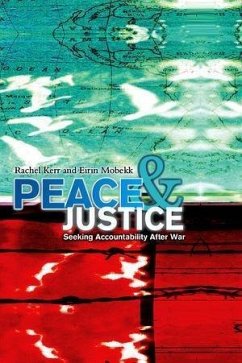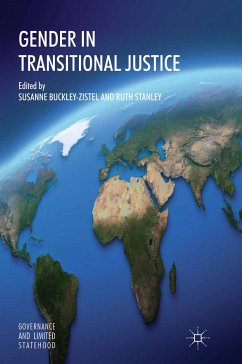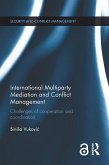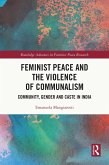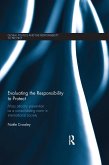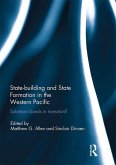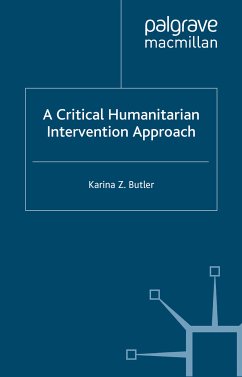In recent years there has been a tendency to intervene in the military, political and economic affairs of failed and failing states and those emerging from violent conflict. In many cases this has been accompanied by some form of international judicial intervention to address serious and widespread abuses of international humanitarian law and human rights in recognition of an explicit link between peace and justice.
A range of judicial and non-judicial approaches has been adopted in recognition of the fact that there is no one-size-fits-all model through which to seek accountability. This book considers the merits and drawbacks of these different responses and sets out an original framework for analysing transitional societies and transitional justice mechanisms.
Taking as its starting point the post-Second World War tribunals at Nuremburg and Tokyo, the book goes on to discuss the creation of ad hoc international tribunals in the 1990s, hybrid/mixed courts, the International Criminal Court, domestic trials, truth commissions and traditional justice mechanisms. With examples drawn from across the world, including the former Yugoslavia, Rwanda, Cambodia, Timor-Leste, Sierra Leone, Uganda and the DRC, it presents a compelling and comprehensive study of the key responses to war crimes.
Peace and Justice is a timely contribution in a world where an ever-increasing number of post-conflict societies are grappling with the complex issues of transitional justice. It will be a valuable resource for students, scholars, practitioners and policy-makers seeking to understand past violations of human rights and the most effective ways of addressing them.
A range of judicial and non-judicial approaches has been adopted in recognition of the fact that there is no one-size-fits-all model through which to seek accountability. This book considers the merits and drawbacks of these different responses and sets out an original framework for analysing transitional societies and transitional justice mechanisms.
Taking as its starting point the post-Second World War tribunals at Nuremburg and Tokyo, the book goes on to discuss the creation of ad hoc international tribunals in the 1990s, hybrid/mixed courts, the International Criminal Court, domestic trials, truth commissions and traditional justice mechanisms. With examples drawn from across the world, including the former Yugoslavia, Rwanda, Cambodia, Timor-Leste, Sierra Leone, Uganda and the DRC, it presents a compelling and comprehensive study of the key responses to war crimes.
Peace and Justice is a timely contribution in a world where an ever-increasing number of post-conflict societies are grappling with the complex issues of transitional justice. It will be a valuable resource for students, scholars, practitioners and policy-makers seeking to understand past violations of human rights and the most effective ways of addressing them.
Dieser Download kann aus rechtlichen Gründen nur mit Rechnungsadresse in D ausgeliefert werden.

